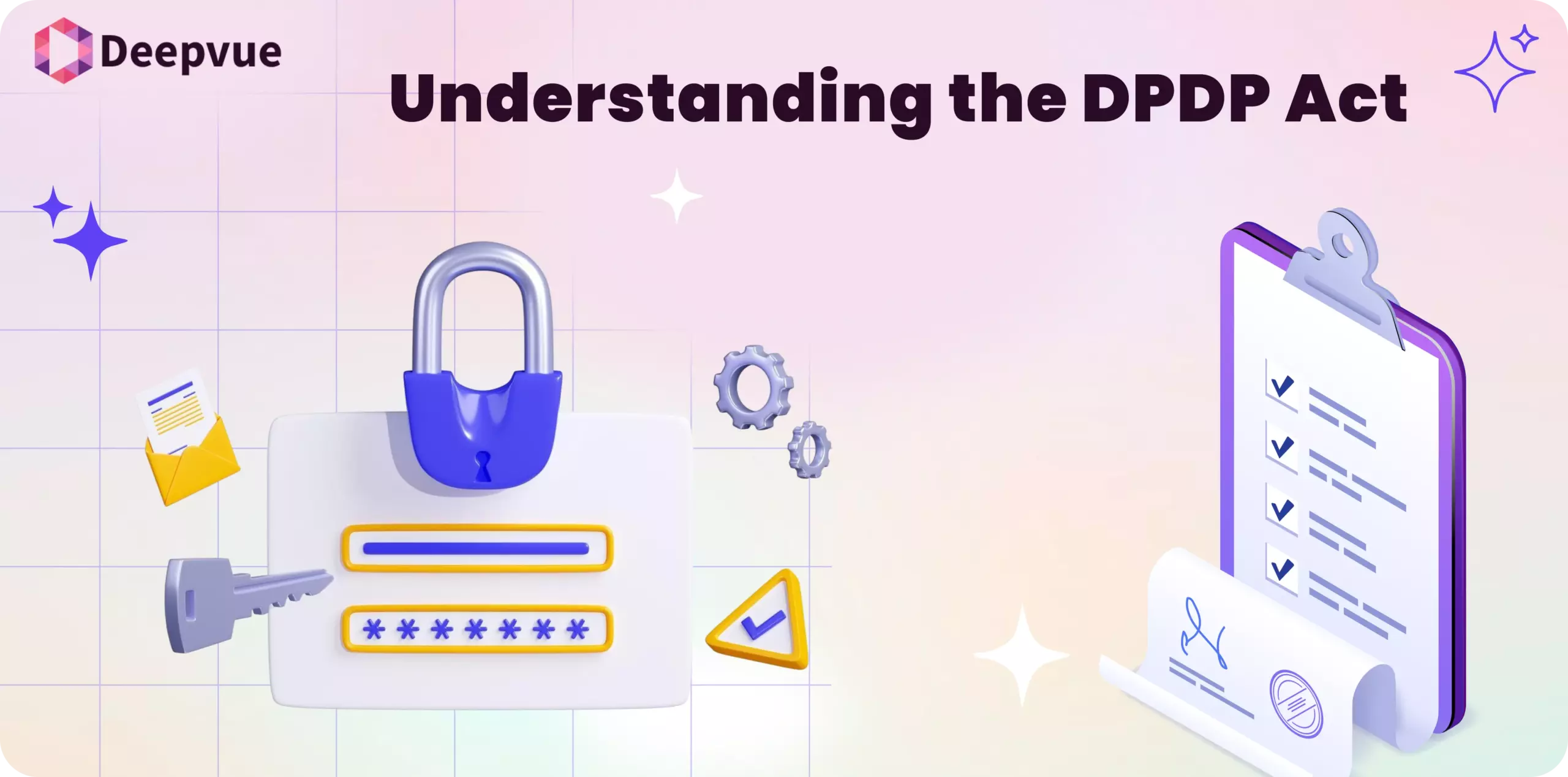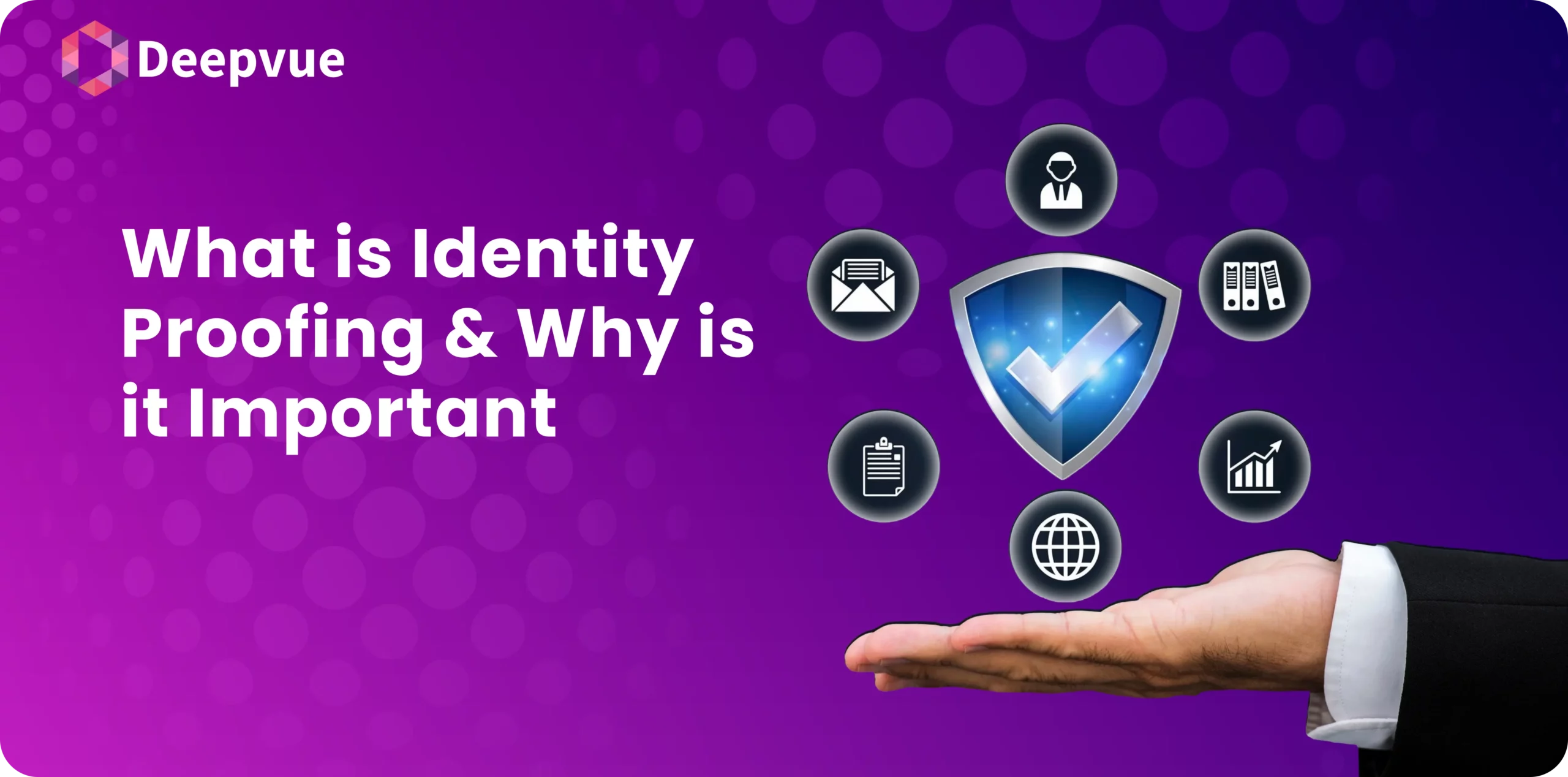What is an ID Document?
An ID document, short for identification document, is an official document that verifies a person’s identity. These documents typically contain essential personal information such as the holder’s name, photograph, date of birth, and a unique identification number. Governments or authorized institutions issue ID documents to individuals for the purpose of identification in various situations, such as legal transactions, travel, employment, or accessing services.
Common Types of ID Documents
ID documents can vary depending on the country or region, but the most common types include:
- Passport: A passport is an internationally recognized ID document that allows individuals to travel between countries. It includes the holder’s name, photograph, nationality, and a unique passport number.
- Driver’s License: Issued by a government authority, a driver’s license serves as both a permit to operate a motor vehicle and a form of personal identification. It includes details like the holder’s name, address, photograph, and the license number.
- National ID Card: Many countries issue national ID cards, which are the primary identification documents for their citizens. These cards contain essential information such as the holder’s full name, photograph, date of birth, and a unique identification number.
- Social Security Card: In some countries, such as the United States, a Social Security card is issued to citizens and residents. While it primarily serves as proof of a person’s Social Security number, it is also used for identification purposes.
- Birth Certificate: A birth certificate is an official record of a person’s birth, including information such as the date and place of birth, and the names of the parents. It is often used as a foundational document for obtaining other forms of identification.
Uses of ID Documents
ID documents are used in a wide range of scenarios, including:
- Travel: Passports and visas are required for international travel, allowing authorities to verify a traveler’s identity and citizenship.
- Legal Transactions: ID documents are often required to verify a person’s identity when signing contracts, applying for loans, or opening bank accounts.
- Access to Services: Many services, such as healthcare, education, and government benefits, require proof of identity through an ID document.
- Employment: Employers typically require ID documents to verify an individual’s identity and eligibility to work.
Frequently Asked Questions (FAQs)
What should I do if I lose my ID document?
If you lose an ID document, it’s important to report the loss to the relevant authorities as soon as possible. This may involve contacting the police, your country’s passport office, or the department that issued the ID. You should also consider placing a fraud alert on your financial accounts if your ID document contains sensitive information.
How can I protect my ID documents from theft or fraud?
To protect your ID documents from theft or fraud, store them in a secure location, such as a locked drawer or a safe. When carrying them, ensure they are kept in a secure place on your person, such as a wallet or purse. Be cautious about sharing your personal information online, and only provide copies of your ID documents when absolutely necessary and to trusted entities.






